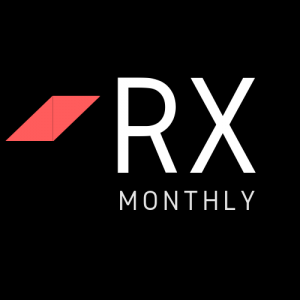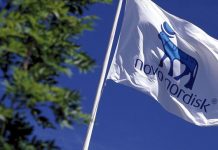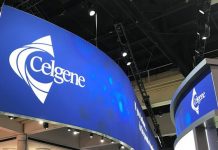Alzheimer’s drug development is notoriously difficult, exemplified by the fact there are no therapies approved to treat the underlying disease.
That’s not for a lack of trying — one review of clinicaltrials.gov found 112 agents in the global pipeline at the beginning of 2018, 63% of which were disease-modifying. But setbacks have been common, so much so that now there’s considerable skepticism about whether tau and beta amyloid, two proteins at the center of Alzheimer’s research efforts, are worth targeting.
Lilly’s had its fair share of setbacks. In late 2016, solazenumab, a Lilly antibody directed at amyloid beta plaques, failed to significantly outperform placebo in a Phase 3 study of patients with mild dementia due to Alzheimer’s. And earlier this year, the company and partner AstraZeneca decided to discontinue late-stage testing of an amyloid-targeting beta-secretase inhibitor called lanabecestat.
The headwinds haven’t scared Lilly away, however. The Indianapolis drugmaker’s pipeline holds two Phase 3 candidates, including solanezumab for preclinical Alzheimer’s, as well as a handful of mid- and early-stage assets. The list may soon grow larger too with AC Immune as a partner. The Swiss biotech is already in Alzheimer’s collaborations with the research arms of Johnson & Johnson and Roche.
“This agreement with AC Immune represents another opportunity to hopefully make progress against this devastating disease,” Mark Mintun, Lilly’s vice president of neurodegeneration and pain research, said in a Dec. 12 statement.
On a broader scale, the AC Immune deal — which covers other neurodegenerative diseases in addition to Alzheimer’s — underscores Lilly’s push to revitalize its neuroscience business. There, revenue has been falling over the last several years due to loss of patent protections for Cymbalta (duloxetine) and Strattera (atomoxetine).
Given the unmet medical need and a growing elderly population in the U.S., a disease-modifying therapy for Alzheimer’s would have a high likelihood of reaching blockbuster status. In a recent report, the Alzheimer’s Association estimated that costs associated with the disease and other dementias would total $277 billion for 2018.
While the Alzheimer’s Association is a 501(c) nonprofit, it cites major drugmakers in the space such as Biogen, Eisai and Lilly as corporate supporters.








